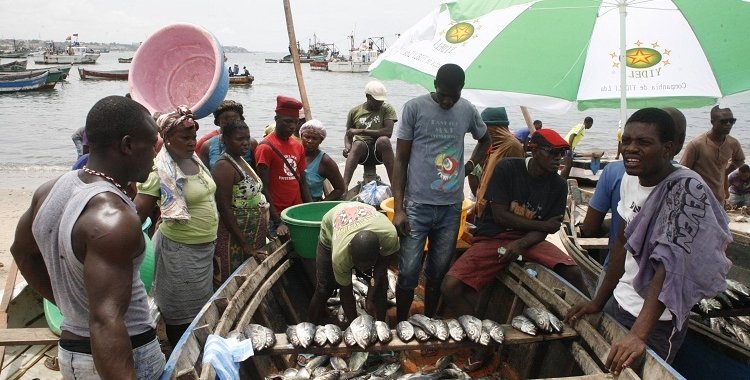The Luanda Artisanal, Semi-industrial and Industrial Fishing Association (APASIL) controls 164 artisanal fishing cooperatives and only 20 members formally received subsidized cards for the purchase of gasoline.
The president of APASIL, Manuel Azevedo, told Lusa that a process of re-registration of its members is currently underway, under the responsibility of the provincial direction of Agriculture and Fisheries, due to some failures registered in the initial process.
While waiting for their subsidized cards, fishermen in Luanda continue to pay 300 kwanzas per liter of gasoline.
"We are calm so far, because we were assured that when the cards come they will be given retroactively", he argued.
According to Manuel Azevedo, the ceiling of 140,000 kwanzas/month "will pay off", especially the operators of daily fishing, who spend between 40 and 50 liters: "I mean that 140,000 is very good for them".
Since June 2, a liter of gasoline in Angola costs 300 kwanzas against the previous 160 kwanzas.
The Government announced the gradual withdrawal of gasoline subsidies, maintaining the subsidy to taxi drivers, motorcycle taxi drivers and the agricultural and fishing sector, promising subsidized cards to operators.
Regarding complaints from fishermen in Mabunda, in the urban district of Samba, about the stoppage of activity as a result of rising fuel prices, the president of APASIL referred that the situation mainly affects the bottom fishing segment (also called trip fishing, carried out three times at month).
For fishing trips, he explained, "it's not worth it because the operators make two to three trips a month, they spend 380,000 kwanzas per trip, the card only has 140,000 kwanzas and when they return they can't cover it".
"So, this is the 'handicap' that remained and these [fishermen] are at a standstill at the moment", he acknowledged, considering, at the same time, that the increase in fuel prices comes to adjust and make "loyal" the fuel subsidy.
According to the association leader, fishermen buy a liter of diesel at 490 kwanzas, "which has been going on for many years".
"It means that we welcome [the change in the price of fuel], because we are now going to adjust to the competition that has been unfair, some with subsidized fuel and others not", concluded Manuel Azevedo.







